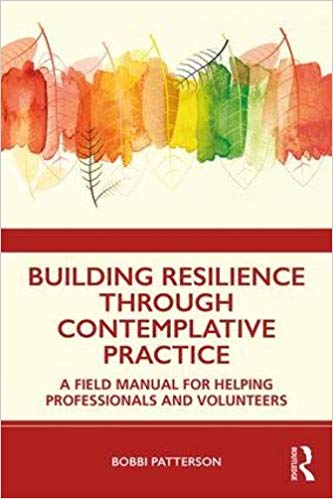Recasting burnout as a crucial phase of service, Building Resilience Through Contemplative Practice uses real-world case studies to teach professionals and volunteers unique skills for cultivating resilience.
Viewing service and burnout as interdependent throughout phases of stability, collapse, reorganization, and exploitation, the book uniquely combines elements of adaptive resilience theory with contemplative practices and pedagogies. Drawing on the author’s extensive experience working at the intersection of service and contemplative practices, this is the first book to demonstrate how and why professionals and volunteers can reframe burnout as an opportunity for resilience-building service. User-friendly case studies provide tools, skills, and exercises for reconstructive next steps. Chapters address personal, group, and structural levels of service and burnout.
Illuminating the link between adaptive resilience and burnout as a normal and useful phase of service, Building Resilience Through Contemplative Practice is a necessary resource for professionals and volunteers across a wide range of service settings.

